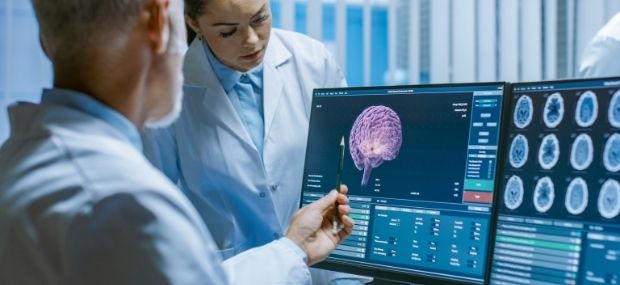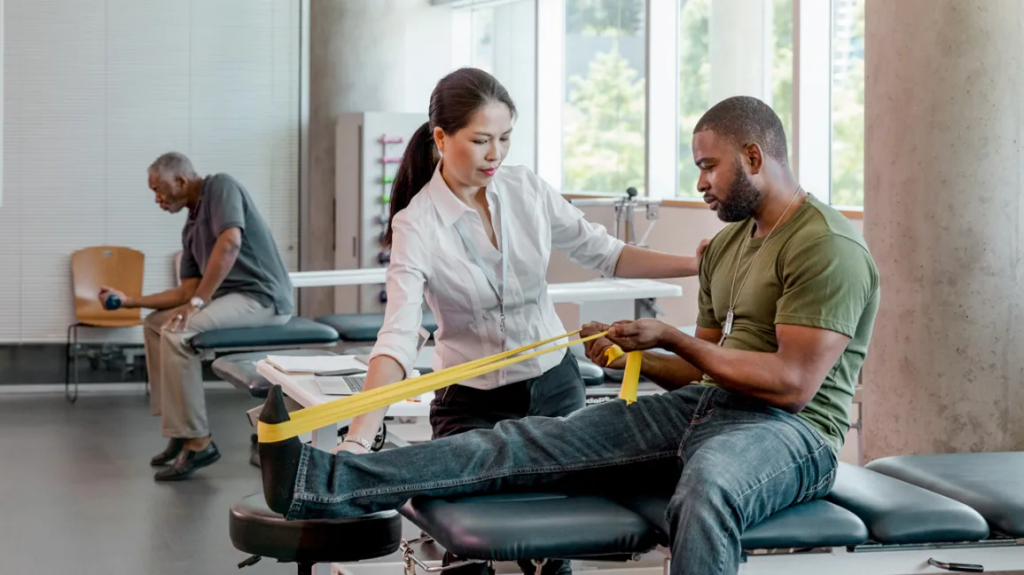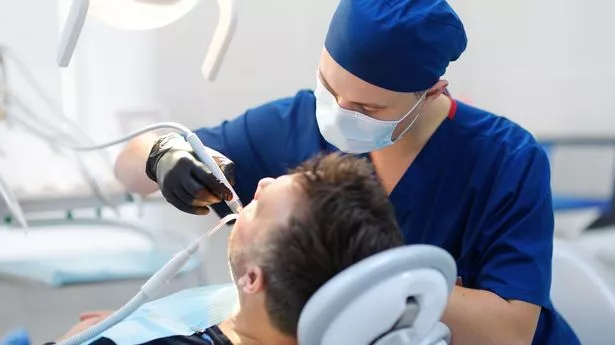
Imagine you’re walking down the busy streets of Oxnard when suddenly, your stride falters. The world tilts. Your vision blurs. This could be a stroke. The role a neurologist plays in this scenario is vital. You might not know it, but these brain experts are the frontline warriors in stroke prevention and recovery. They’re the ones who, at the helm of Oxnard neurocritical care units, confront these life-threatening events every single day. Their relentless efforts can mean the difference between life-long disability and a chance to reclaim the life you know and love. This blog will reveal the instrumental role these professionals play in averting the potential catastrophe a stroke can bring. It’s a tale of battles fought in the deep recesses of the human brain, a narrative of endurance and medical brilliance. It’s time we delve into the crucial role of neurologists in stroke prevention and recovery.
Stroke Prevention – A Mighty Task
Imagine a dam with cracks, threatening to break. A neurologist is the engineer who spots these cracks before the dam breaks. They do this through regular check-ups and tests. High blood pressure, high cholesterol, diabetes – these are the cracks they’re looking for. When found, neurologists …



